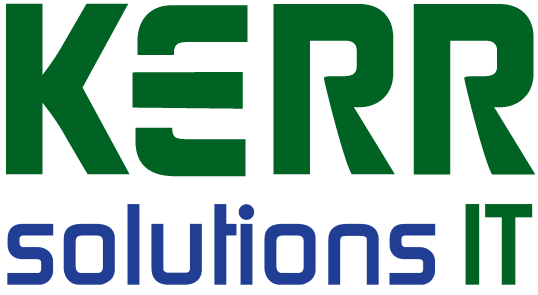Busted! Clearing Up Some IT Myths
Following on from last weeks’ IT myth busting article we have some further rumours to put to rest. “If you leave it turned off for a long time it will rest and then run better” – false. Computers are not like a human mussel. As long as it is not overheating then simply ‘rebooting’ the PC and getting it running again straight away will have the same effect as leaving it off all night. If a computer is overheating then it needs a professional clean out or it will be running hot after as little as 15 minutes of operation.
“You should not leave the PC on overnight” – false. There are no real rules here as it becomes an individual decision of convenience verses power saving. Modern PC’s boot up so quickly that turning them off at night creates very little delay the next day when you switch them on again. Conversely, modern PC’s are also setup to be so energy efficient when in their sleep modes they should be using about the same amount of power as an alarm clock.
“Dedicated video cards are better than integrated / on board video” – false for the average Joe but true for a computer gamer. If you are playing ‘shoot-em-up’ games or fast paced 3-D games then a dedicated video card is a must. For CAD rendering and Adobe Lightroom the same holds true. For everyone else a dedicated video card will not aid their PC performance even 1 percent. However dedicated video cards will use a lot more power, make your PC run a lot hotter and will add at least a couple of extra points of potential failure.

“The more hard drives that you have in a PC the better” – largely false. We sometimes see a PC that has been built elsewhere with 2 or 3 hard drives, however often the secondary drives are just along for the ride and have never even been used. Other times we see 2 or 3 drives with no more capacity than just one drive could have provided. In ultra-powerful PC’s having a separate boot drive and data drive can speed it up – but the more drives you have the more potential there is for a failure.
Further to the above point, a proper ‘server’ computer may have 4, 6, 8 or even 10 hard drives however these are enterprise class drives to offer fast response to many users on a network. Standard PC’s and laptops are better off with just one hard drive and power users with only two. We also too often see hard drive partitioned into too many small divisions – again this is false economy, false performance seeking and ends up too troublesome.
“If two PC’s have the same ram size and hard drive size then they will work the same” – false. A computer system is just that – as system of components strung together to operate software commands. Key to the speed of this system is the CPU (Central Procession Unit) which has more bearing on speed than anything else. The CPU is also the hardest item to compare between different PC’s. One great site – www.cpubenchmark.net will give you an ‘apples-vs-apples’ power rating between various CPU brands and models.
“Desktops are more reliable than laptops” – this really depends on the manufacturer and the model as well as how they are used. Laptops most often fail because of an accidental drop due to their portability or from physical abuse. Desktops most often fail if they are not protected by a UPS due to power surges (which laptops are far less prone to). Laptop hard drives also have higher failure rates – but once again due to their portable nature.
There have always been many myths surrounding computers and I don’t see this changing anytime soon. Many of these myths are propagated by ‘so called’ experts that pretend to know what they are talking about to gain favour among their peers – so many backyard opinions should be taken with a grain of salt. Look out for another Windows 10 update next week!
Future Byte Me topics can be emailed to [email protected] and Bruce is contactable at Kerr Solutions, 205 Musgrave Street or on 49 222 400.
For more advice and assistance from Kerr Solutions, like and follow us on Facebook
